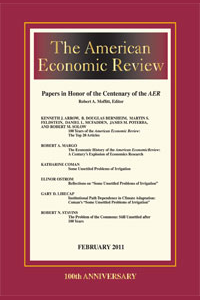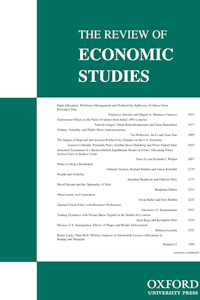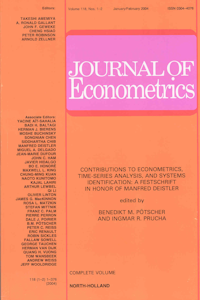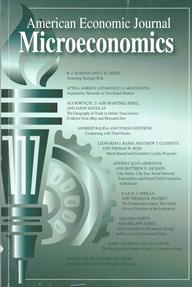
Aidt, T. S. and Rauh, C.
The Big Five personality traits and partisanship in England
Electoral Studies
Vol. 54 pp. 1-21 (2018)
Abstract: We propose a new framework for the study of the psychological foundation of party identification. We draw a distinction between the part of an individual's party preference that is stable throughout adult life and the dynamic part responding to lifecycle events and macro shocks. We theorize that the Big Five personality traits exert a causal effect on the stable part of an individual's party preference and provide evidence from a large nationally representative English panel dataset in support of this theory. We find that supporters of the major parties (Labour, the Conservatives and the Liberal Democrats) have substantively different personality traits. Moreover, we show that those not identifying with any party, who are close to holding the majority, are similar to those identifying with the Conservatives. We show that these results are robust to controlling for cognitive skills and parental party preferences, and to estimation on a subsample of siblings. The relationship between personality traits and party identification is stable across birth cohorts.
Keywords: Big Five personality traits, England, Partisanship, Party identification
Author links: Toke Aidt Christopher Rauh
Publisher's Link: https://doi.org/10.1016/j.electstud.2018.04.017 ![]()
Open Data link: https://www.sciencedirect.com/science/article/pii/S0261379418300234?via%3Dihub#sec4
Cambridge Working Paper in Economics Version of Paper: The Big Five personality traits and partisanship in England, Aidt, T. S. and Rauh, C., (2017)




